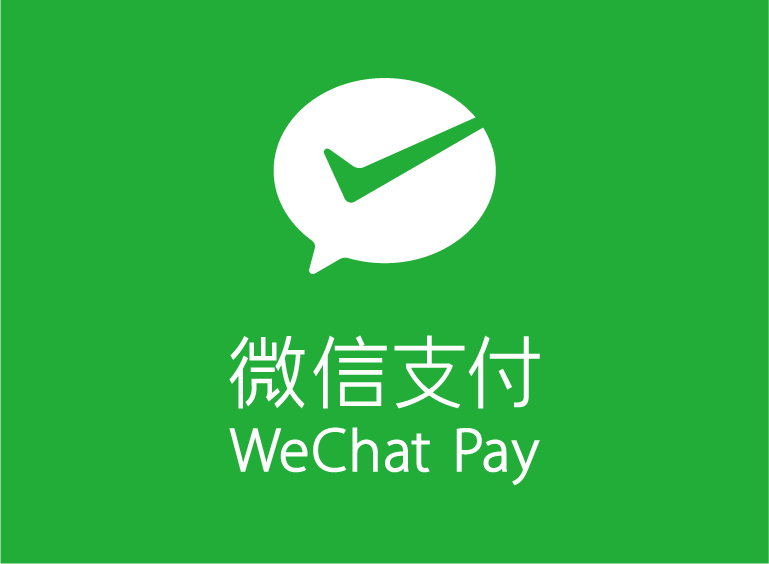China Digital Digest Weekly: Exploring the Chinese Digital Landscape
- ClickInsights

- Dec 21, 2023
- 4 min read
Hi folks, we are back with our weekly edition of China’s Digital Digest, wherein we bring you weekly updates on China’s digital space. The report takes a quick glance at China’s complex and rapidly evolving social media landscape by providing updates on the latest happenings across the social media industry. Here are the major highlights of the report.
1. Chinese Live-Streaming E-Commerce Platform East Buy Caves to Angry Fans, Fires CEO
Chinese live-streaming e-commerce website East Buy has fired its CEO after he made comments angering fans of a top influencer on the platform, ending a widely-watched corporate battle that reflects the importance of A-list sellers.

The Hong Kong-listed company was created by the famed private tutor Michael Yu Minhong as the online tutoring arm of New Oriental Education Technology Group. It pivoted to live-streaming e-commerce after its private tutoring was outlawed in 2021. Former English teacher Dong Yuhui emerged on the new platform as one of the most popular influencers in China. Sun Dongxu, the company’s sacked CEO, became the subject of ire when he backed a social media post insinuating Dong was taking too much credit for himself because scripts came from a team of writers.
2. Temu Accuses Shein of ‘Mafia-Style Intimidation’ In Fresh US Lawsuit
Temu, which is owned by PDD Holdings, has launched a lawsuit in the US against fast-fashion rival Shein accusing it of illegal and anticompetitive practices as part of a “desperate plan” to sabotage its business, in a revamped legal battle between the warring e-commerce giants.

Boston-based WhaleCo – which operates as Temu in the US – said in a filing that Shein’s unlawful actions included “mafia-style intimidation” and “false imprisonment” of vendors, as well as “abuse of the copyright system” through sham copyright claims. Temu sued Singapore-based Shein in July with similar allegations of antitrust violations, such as the coercion of vendors and manufacturers into exclusive dealing agreements. Temu filed to drop those charges in October.
3. Amazon Doubles Down on China E-Commerce Strategy As Shein, Temu Gain Traction
American e-commerce leader Amazon.com has introduced a slew of initiatives as part of a renewed strategy to help Chinese merchants sell abroad, at a time when China-founded rivals like Shein and Temu are gaining traction.

The moves include an innovation center in the southern tech hub of Shenzhen, the first in the Asia-Pacific region, that would integrate the firm’s industrial, expert and supplier sources to help merchants “build brands, promote products and digitalize operations”, Amazon announced at a four-day event in the city. It also added Brazil to its list of destinations for Chinese merchants, ramping up the competition in Latin America.
4. China’s Censors Target Short Videos, AI And ‘Pessimism’ In New Crackdown
China’s internet censors are targeting short videos that spread “misleading content” as part of its latest online crackdown.

The Cyberspace Administration of China has said it would target short videos that spread rumors about people’s lives or promoted incorrect values such as pessimism – included for the first time – and extremism. The campaign would also target fake videos generated using artificial intelligence, the watchdog said. The country’s top censorship body has been running an annual online crackdown known as “Qing Lang”, which means clear and bright, since 2020.
5. Alibaba E-Commerce Platforms Are A Key Channel for European Businesses to Sell Into China
The e-commerce platforms run by Alibaba Group Holding have become an important channel for European firms to sell goods overseas, according to a new study, as Chinese online shopping giants continue to invest in international expansion.

Exports from 27 European countries via Alibaba Group’s platforms totaled about €32.3 billion (US$34.6 billion) last year, a third higher than in 2019, according to a study by Italy’s SDA Bocconi School of Management. Between 2019 and 2022, companies in those countries exported €121.4 billion worth of goods to Chinese consumers via the Alibaba platforms, said the study, which Alibaba commissioned.
6. TikTok Joins US$10 Billion Club As The Only Non-Game App to Reach The Milestone
Short video app TikTok has become the first entertainment mobile app that is not a video game to rake in more than US$10 billion in global user spending, according to a new report, as its Beijing-headquartered parent ByteDance continues to see strong revenue growth despite political headwinds.

The app known for seconds-long viral content is now one of just a few apps to reach the lifetime gross revenue milestone, according to app analytics firm data.ai. All the other apps identified by the firm are games: Candy Crush, Monster Strike, Clash of Clans, and Tencent Holdings’ Honour of Kings.
7. Tencent Set to Hit E-Commerce Milestone in 2023, Closing in On Bytedance

Tencent Holdings has quietly made inroads into the Chinese short-video e-commerce industry and is mobilizing resources to build up its capabilities to take on ByteDance and Kuaishou, according to local media reports. This year, the social media giant is on track to achieve 100 billion yuan (US$13.9 billion) in e-commerce gross merchandise value (GMV) – the total value of goods sold through its WeChat video and live-streaming channels.
8. Alibaba Pumps $630m More Into Lazada In Race With TikTok
China's Alibaba Group Holding has invested an additional $634 million in Singapore-based e-commerce subsidiary Lazada amid an intensifying battle with TikTok and others for the Southeast Asian market.

Alibaba has repeatedly injected cash into the company since 2022, with this most recent investment -- its third in 2023 -- bringing this year's total to over $1.8 billion. The company is trying to defend its market share against rising competition in the region.
9. WeChat Pay Launches ‘Learn First, Pay Later’ Feature
WeChat Pay has launched the ‘Learn First, Pay Later’ feature, which allows users to ‘attend classes first and pay later’ as long as their WeChat Pay score exceeds 600 points.

According to the introduction, you can start attending classes directly by selecting ‘learn first, pay later’ on the product page and completing the payment installment authorization. After the merchant successfully schedules the class, the course will be pushed directly to the user, and the corresponding fees will be automatically deducted after the completion of the course. If you want to cancel midway, you can also close the fee deduction service at any time through ‘My-Wallet-Payment Installment-My Services’ or through a fee deduction voucher push page.
Wrapping Up
The vast and diverse nature of the Chinese Social Media space makes it incredibly challenging to keep a tab on the rapid developments taking place. However, China’s Digital Digest brings you all the latest updates from there to keep you abreast of all the evolving trends.
To delve deeper into the findings of the December report, click here.



google 优化 seo技术+jingcheng-seo.com+秒收录;
Fortune Tiger Fortune Tiger;
Fortune Tiger Fortune Tiger;
Fortune Tiger Fortune Tiger;
Fortune Tiger Slots Fortune…
站群/ 站群
gamesimes gamesimes;
03topgame 03topgame
EPS Machine EPS Cutting…
EPS Machine EPS and…
EPP Machine EPP Shape…
Fortune Tiger Fortune Tiger;
EPS Machine EPS and…
betwin betwin;
777 777;
slots slots;
Fortune Tiger Fortune Tiger;